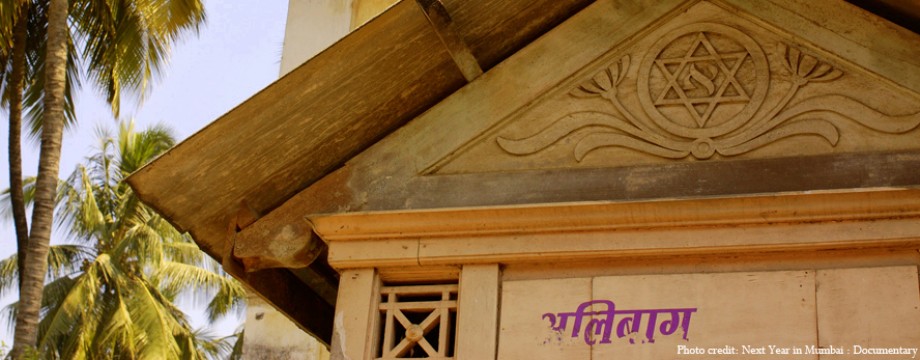
The evolution of the Bene Israel family in Maharashtra is traced in this study in a transnational setting between the motherland India and the fatherland, Israel, where the majority of the family dwells. The Bene Israel are unique in that they are an Indian Jewish group who follow a monotheistic religion yet are culturally similar to Indians of other faiths. In the aftermath of migration and Westernization, the study focuses on family structure and residency. It is based on a re-evaluation of census data collected among the Bene Israel Indian Jews of Lod, Israel, as well as a new look at the Bene Israel family today. The research examines India’s rate of joint family living and how it differs in practice due to developmental and other factors. The book then goes on to discuss the Indian Jewish family structure in Israel in the 1970s, revealing that 20% more families were living in nuclear units. Despite the fall in joint residency, the joint family thrived in other ways, such as “proximal housing.” Today, contemporary technology helps to bring together previously disjointed members of joint families within Israel, as well as across borders between India and Israel.
Source: https://www.utpjournals.press/doi/abs/10.3138/jcfs.43.1.71
